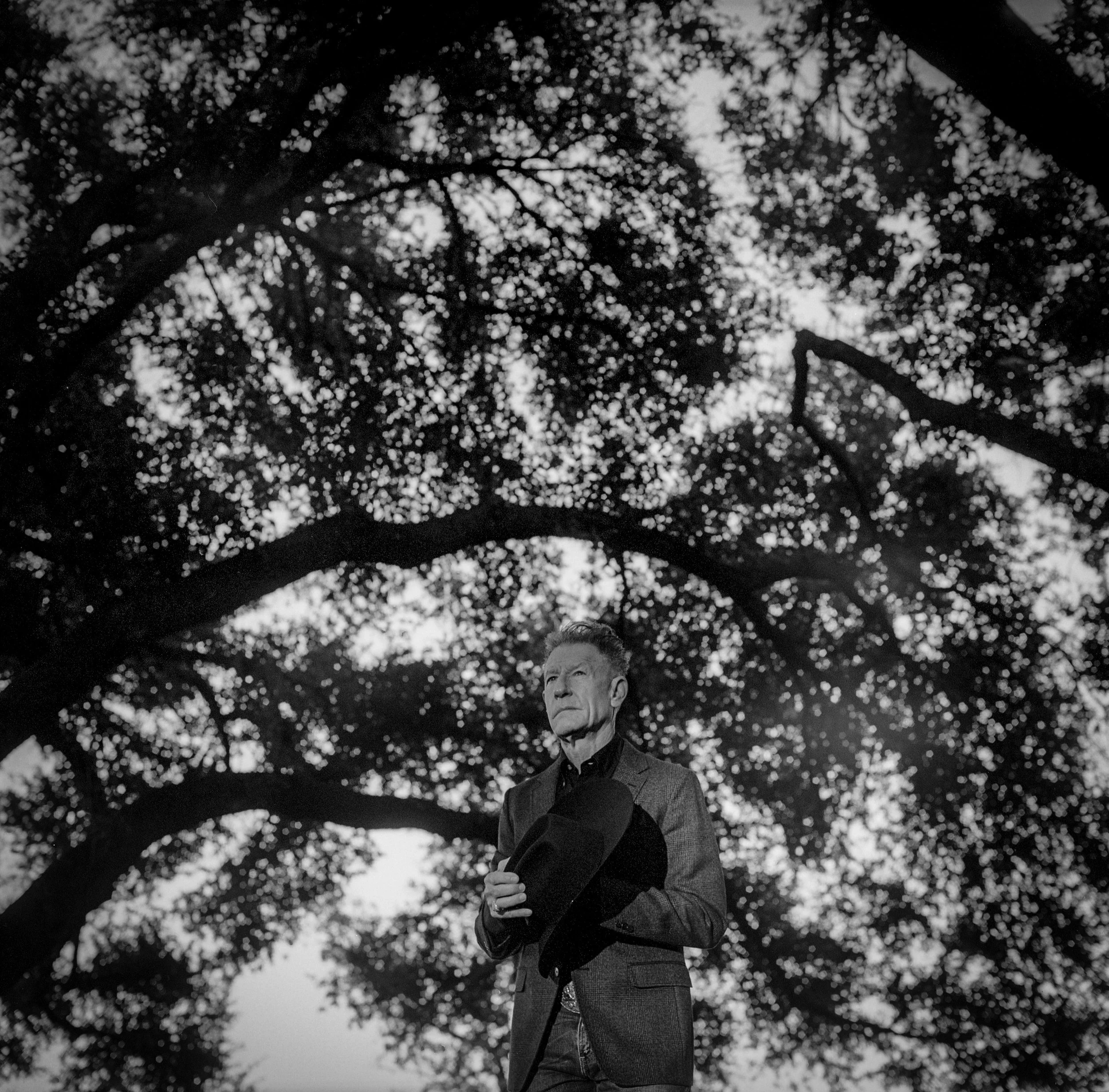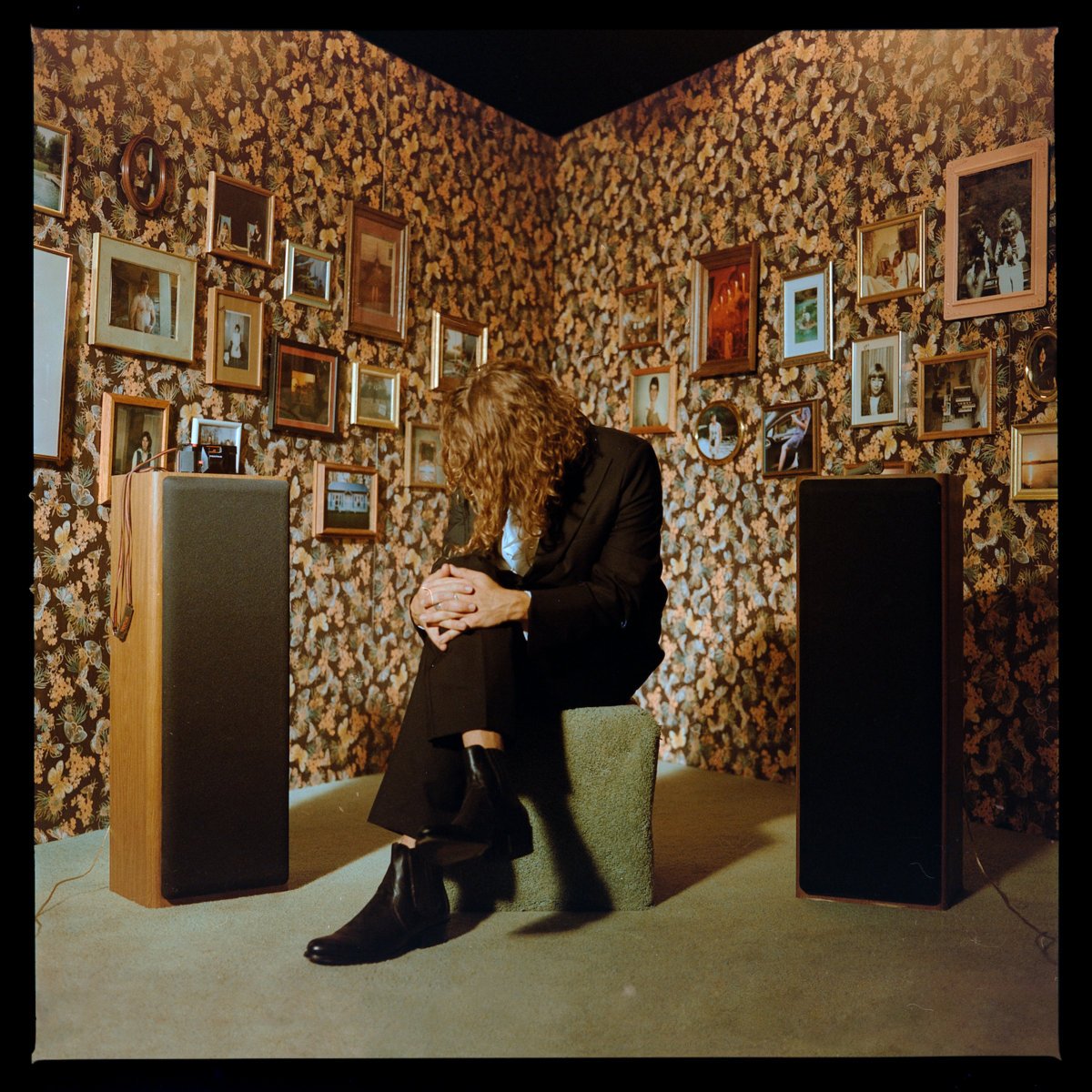1) Lyle Lovett, “12th of June” / An easy wisdom attends the catalog of this iconic singer-songwriter. Lovett treats seriously what deserves seriousness and makes light of what’s light, striking a balance that sounds natural but often proves tricky. That spirit animates Lovett’s latest, a gloriously collaborative effort that draws on the strengths of his deep band and foregrounds other vocalists at key moments.
2) Kevin Morby, “This is Not a Photograph” / Ever since embracing Morby’s work with 2017’s “City Music,” I’ve long believed he writes some of the best secular hymns of our age. His songs mingle indie-rock, folk and gospel strains while grasping for everyday transcendence. On his latest, Morby makes cathedrals of Memphis and memory and, from within them, pens some of his greatest psalms so far.
3) Say Sue Me, “The Last Thing Left” / Writers will mention surf-rock touchstones when discussing this South Korean band. Their latest bears degrees of that influence, but delves deeper into dreamy ‘90s alternative tones, creating songs that bound and burrow at the right times, never striking a false note.
4) The music of Ethel Cain / I’m still digging into “Preacher’s Daughter,” the beautifully dense new one from Cain. But I need to pause here and say the early track “American Teenager” should soundtrack every coming-of-age movie worth its salt for the next decade. Propulsive yet owning proper pathos, the track captures the complex emotions of growing into yourself amid forces you don’t fully understand (or understand far too well):
Grew up under yellow light on the street
Putting too much faith in the make believe
And another high school football team
The neighbor's brother came home in a box
But he wanted to go so maybe it was his fault
Another red heart taken by the American dream
5) Kaya Oakes, “Nick Cave is not a practicing Christian. But he wants to be your spiritual director.” for America / I love this one from Kaya Oakes on the ever-evolving spirituality of an artist who is just now coming to mean a great deal to me. Oakes traces Cave’s career and unlikely path toward fulfilling a priestly function for a serious segment of listeners. She writes:
Our secular age still needs preachers, but even more, it needs pastors. A choirboy from Wangaratta who stuck needles in his arms in the search for God and finally found himself alive in the wake of unimaginable loss, still able to say his life “is dominated by the notion of God, whether it is in His presence or His absence,” may be the only kind of preacher who can cut through the noise of our burning and crumbling world.



